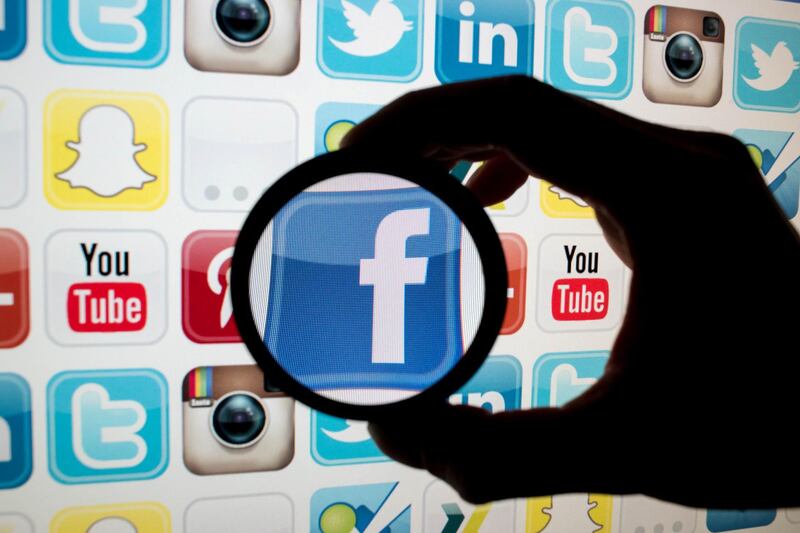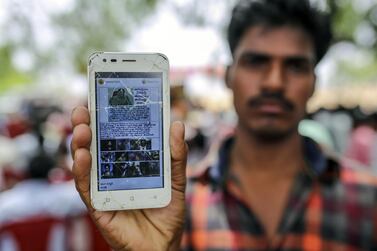School pupils in Sharjah will be taught to identify “fake news” stories as part of a journalism training programme run with the help of CNN.
Children as young as 10 will be given an introduction to reporting and the media industry at a series of workshops taking place this summer.
Crucially, it will see the pupils trained to identify made-up stories presented as legitimate news.
The initiative is being run in a partnership between Sharjah Press Club (SPC) and CNN.
It follows concerns that young people, as well as the elderly, find it increasingly difficult to distinguish fake news stories from authentic ones.
“A number of schools have expressed keen interest in the SPC-CNN training initiative and sent in requests for training their students,” said Asma Al Juwaid, manager of the SPC, according to a report issued by UAE state news agency Wam.
“Successful candidates for training were selected after a careful screening and interviews that involved gauging both the extent of their interest, as well as their personal aptitude.”
Earlier this year, Nic Newman, a senior research associate at the Reuters Institute for the Study of Journalism and former world editor of the BBC News website, warned that young people were being targeted by fake news on Instagram.
The photo-sharing website, which is particularly popular with a younger age group, had seen an influx of fake news through “memes and visual storytelling”, Mr Newman said.
A UK-study in 2017 found that children aged between nine and 14 were generally aware of the existence of fake news but had difficulty identifying it. The finding contributed to the BBC launching its own initiative in the UK to educate children on the issue.
UAE students attending International Baccalaureate schools are also being taught about fake news as part of a new requirement in their curriculum.
A separate US study recently found that older generations are also vulnerable, with just over 11 per cent of people aged 65 or over sharing links to fake stories on Facebook, compared to only 3 per cent of those aged 18-29.
Researchers speculated that digital illiteracy among older people stopped them spotting the signs of bogus news items or, they suggested, it could be linked to age-related cognitive decline, which made them easier to fool.
The term fake news has been popularised by Donald Trump, the US President, although he often uses it to describe news stories he does not like or are critical of him, rather than ones that are invented.
The initiative in Sharjah will also see the 25 young people selected for the course learn about the basic principles of media education and journalism.
They will receive training in mobile journalism, radio and television skills, photography, presentation and interview techniques and infographics. In addition, students will be trained in publishing through social media.
The theoretical part of the programme is being conducted at the Sharjah Entrepreneurship Centre, and includes field visits to top media organisations and outlets in the country, including the Sharjah Broadcasting Authority, Gulf News, CNN Arabic, and Majid, the children's television channel.
A mini media club will also be launched in schools participating in the programme.







